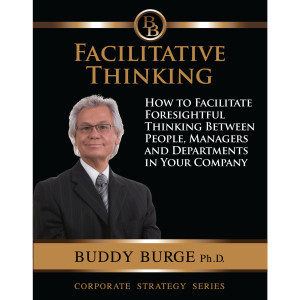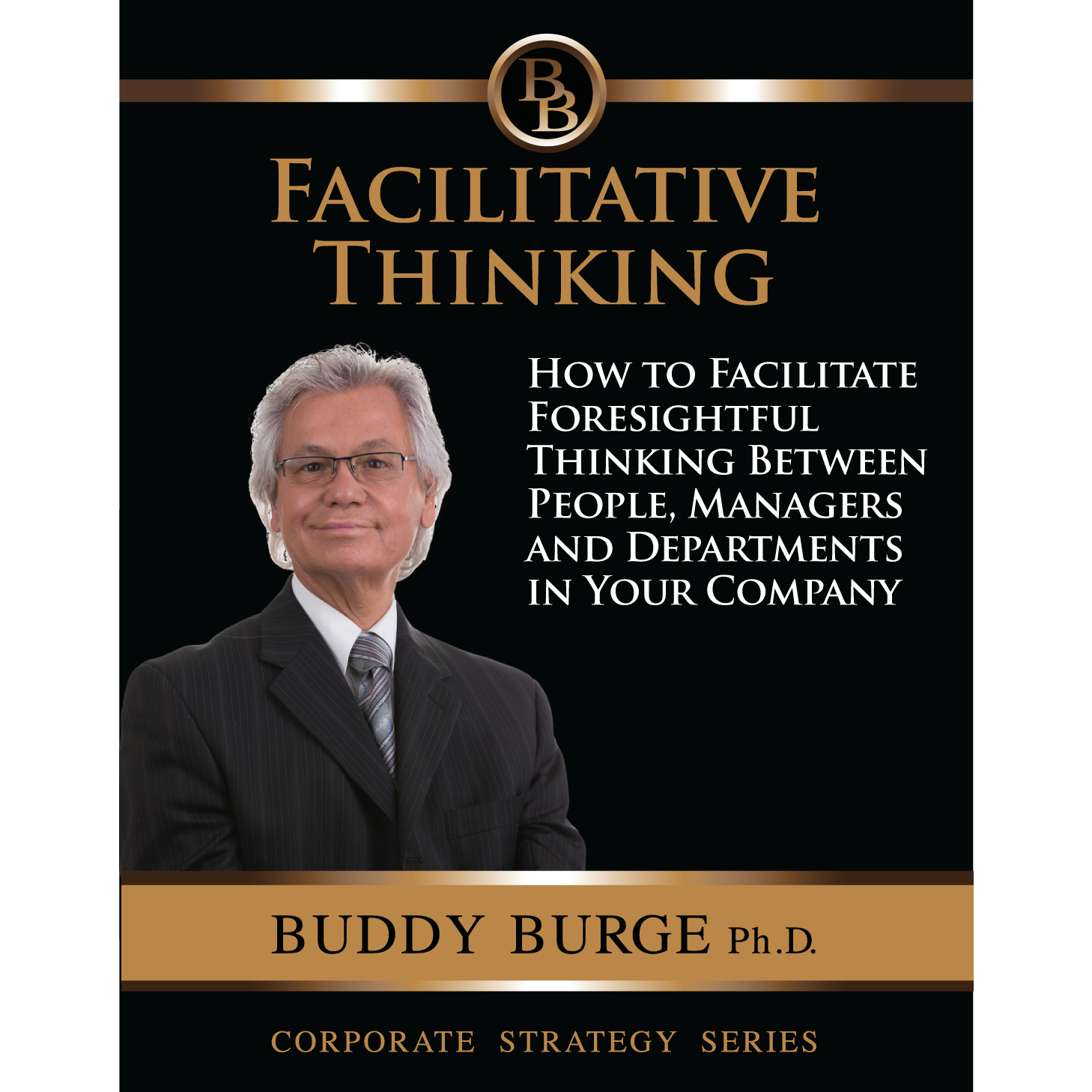This article is an excerpt taken from Buddy’s book “Facilitative Thinking”
In the last article, we discussed three ways that social science says you can use to improve your luck.
Now let’s look at three more strategies to have better luck.
Improve your Luck Strategy Number Four:
Luck Happens, Good & Bad, to Everyone, Whether We Like It or Not, But…
But when we look at the successful people, we see people like Gates who recognize luck and seize it, leaders who grab luck events and make more of them than others do.
It’s the successful people ability to get a high return on luck at pivotal moments that distinguishes them and this has a huge multiplicative effect.
They zoom out to recognize when a luck event has happened and to consider whether they should let it disrupt their plans.
Imagine if Bill Gates had said to Paul Allen after seeing the Popular Electronics article, “Well, Paul, I’m kinda focused on my studies here at Harvard right now.
Let’s wait a few years and then I’ll be ready to start.”
Everyone gets luck, good and bad, but successful people make more of the luck they get.
The Bill Gates story illustrates getting a great return on good luck.
Improve your Luck Strategy Number Five:
A Far Better Fit with the Data – a Synthesizing Concept, Return on Luck
Getting a high return on luck requires throwing yourself at the luck event with ferocious intensity, disrupting your life, and not letting up.
Bill Gates didn’t just get a lucky break and cash in his chips.
He kept pushing, driving, working, staying steady and constant, firing bullets, then big calibrated cannonballs, developing and amending, hiring great people, building a culture of discipline, never deviating from his monomaniacal focus and sustained his efforts for more than two decades.
That’s not luck; that’s return on luck.
Collins and Hansen also strikingly saw that less successful companies experienced a substantial number of good luck events but a generally poor overall return on luck.
And some of the comparison cases got extraordinary sequences of good luck yet showed a spectacular ability to fritter it away.
Improve your Luck Strategy Number Six:
Resilience, not Luck, is the Signature of Greatness
Progressive and Peter Lewis illustrate how successful people shine when clobbered by setbacks and misfortune, turning bad luck into good results.
Successful peoples use difficulty as a catalyst to deepen purpose, recommit to values, increase discipline, respond with creativity, and heighten productive paranoia.
Resilience, not luck, is the signature of greatness.
In the next article, the last in this series on “Luck”, we will give you an additional three ways, strategies seven to nine, to “get lucky”, so to speak.
For more on this topic, we recommend the following | |
 | Facilitative ThinkingHow to Facilitate Foresightful Thinking Click Here For Video and Full Description If you found this article useful |


![CropperCapture[202]](http://buddyburge.com/wp-content/uploads/2014/02/CropperCapture2021-252x300.png)
![CropperCapture[203]](http://buddyburge.com/wp-content/uploads/2014/02/CropperCapture2031-300x275.png)
![CropperCapture[204]](http://buddyburge.com/wp-content/uploads/2014/02/CropperCapture2041-300x300.png)
